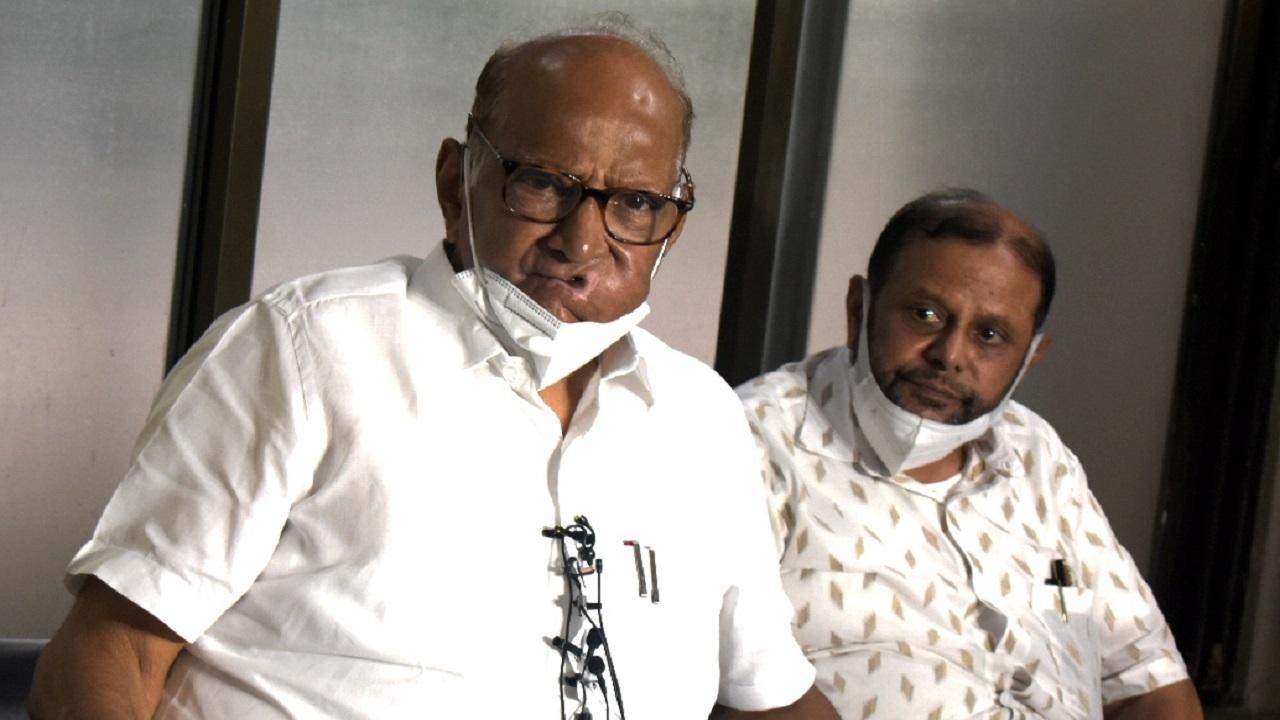Home / News / India News / Article /
Ex-agriculture minister Sharad Pawar bats for GM crops to improve food security
Updated On: 28 July, 2022 11:37 AM IST | New Delhi | PTI
Pawar said even European nations, which were "vehemently opposed" to genetically engineered crops, have begun to change their views in the face of the food crisis presented by the Covid pandemic and the recent Ukraine-Russia war

Sharad Pawar. File Pic
Former Agriculture Minister Sharad Pawar has made a strong pitch for use of genetically modified (GM) crops, saying ignoring advances in crop science could adversely affect the country's food security.
Delivering the Annasaheb Shinde Centenary Memorial lecture on Wednesday, Pawar said even European nations, which were "vehemently opposed" to genetically engineered crops, have begun to change their views in the face of the food crisis presented by the Covid pandemic and the recent Ukraine-Russia war.



